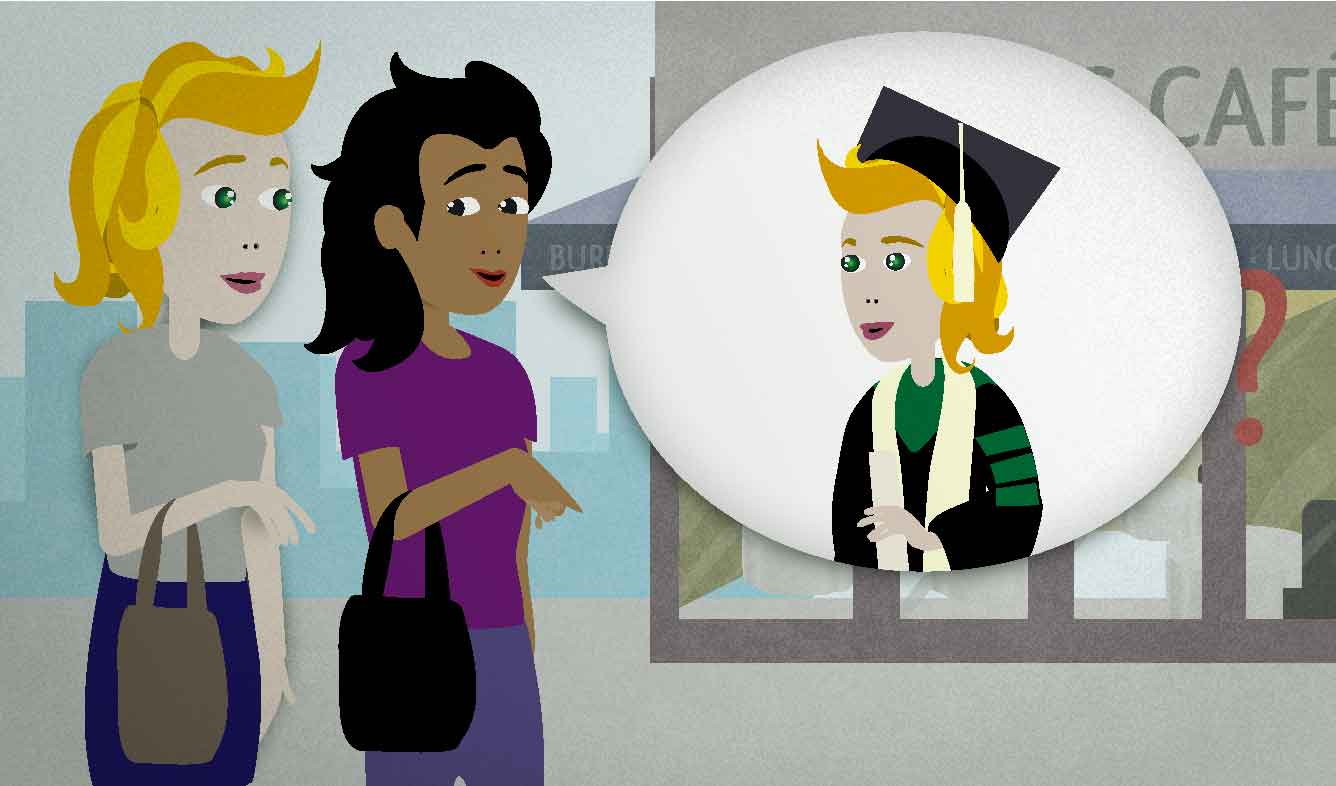“You must feel quite a sense of accomplishment.”
You're hanging out with a friend who just graduated with a Ph.D. You're happy for her, and you say this because you want to hear how she feels about it.
You must feel quite a sense of accomplishment.
Want Video and Sound? Follow us on YouTube

You must (be/have/do something)
Use this expression when you want to make a guess about someone. It's really useful when you're trying to be nice to someone and predict what they want. For example, you might say this to someone who's a guest at your house:
You must be starving!
This phrase also shows that you understand a person's feelings:
You must have been disappointed when you found out you didn't get in.
quite a (something)
"Quite" is an adverb that means something similar to "very". It's perhaps a little lower in strength than "very".
If you're using "quite" with an adjective, you say "quite ___":
I'm quite hungry.
If you're using it with a noun, you say "quite a ___" or "quite an ___":
It's quite a useful book.
"Quite" is an intelligent- or sophisticated-sounding word. Some people who want to seem intelligent use "quite" more, while people who want to seem more "down to earth" use other words like "really ___" or "real":
You must really have a sense of accomplishment.
feel a sense of accomplishment
To "feel a sense of accomplishment" means to feel like you've achieved something great. Here are some events that might make you feel a sense of accomplishment:
winning a sports tournament
getting a really good job
doing your taxes two months early
In order to "have a sense of accomplishment", you need to do some work first. If you won a lottery, you would feel great, but you probably wouldn't feel a sense of accomplishment.
